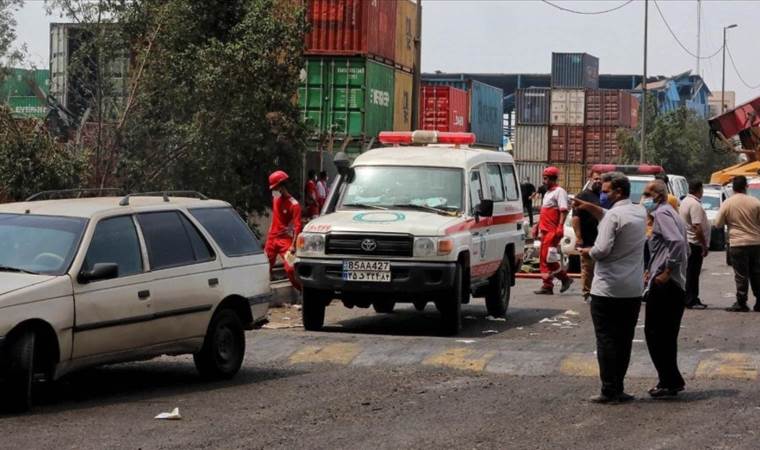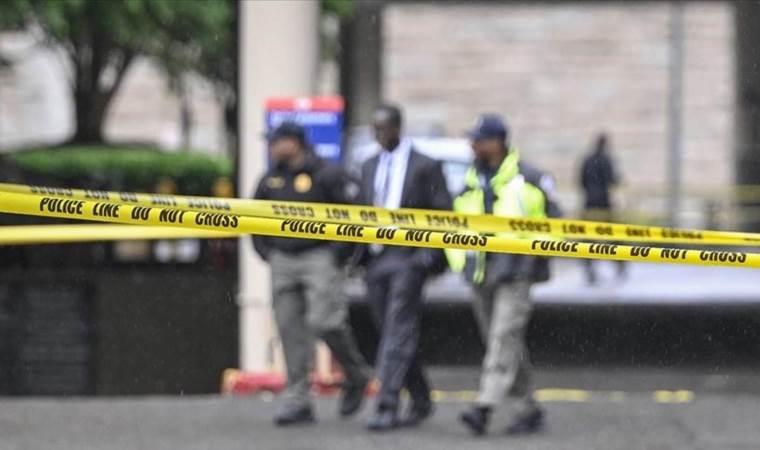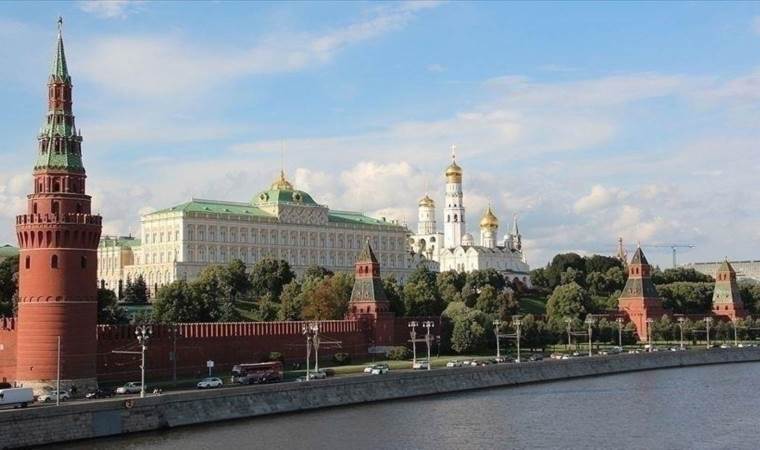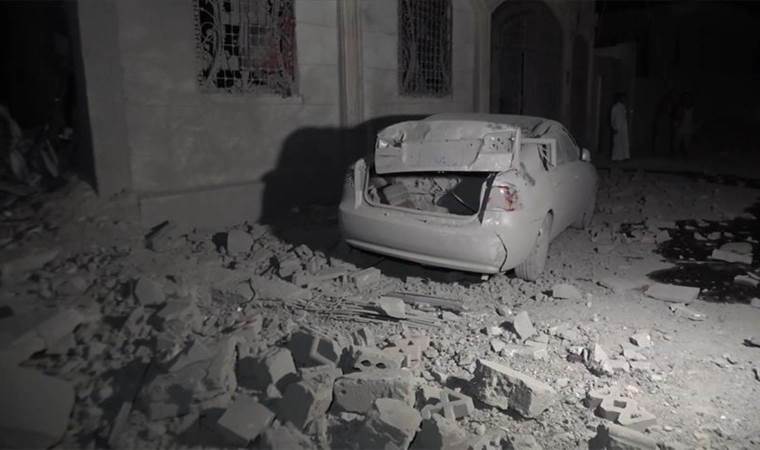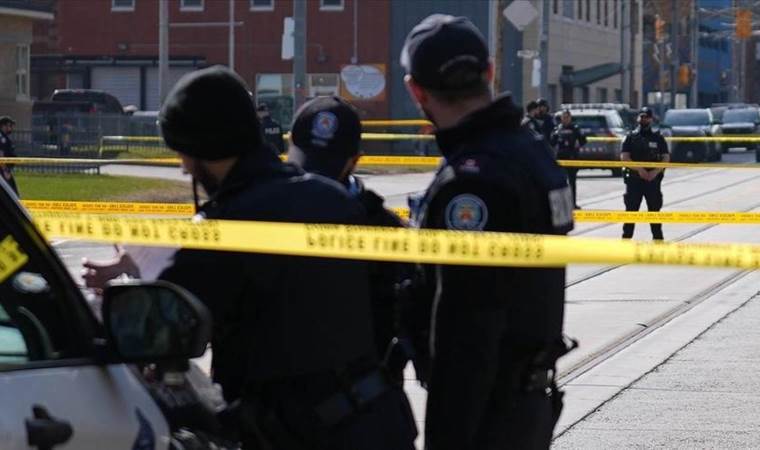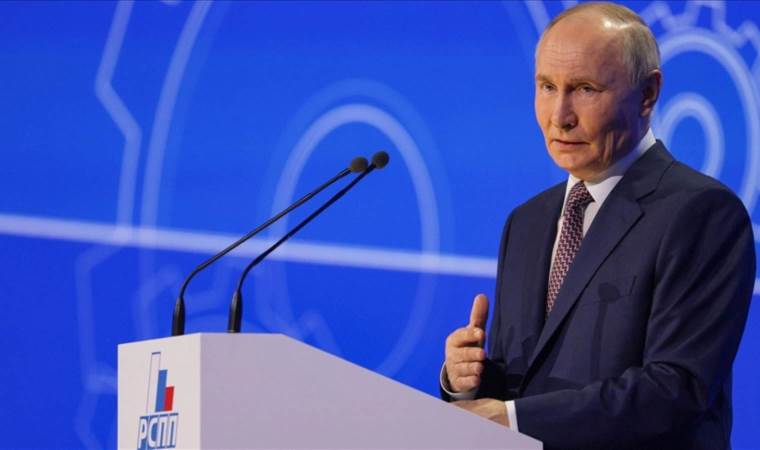Authors Columns of the Day Sport Guest Life All Authors
What will Erdogan's new course be?
From the ruling party to the opposition, everyone agrees on one point: This is not merely about the municipal elections, do you still not understand? Given this, there's widespread curiosity about what the election's aftermath will entail. For instance, what steps will the judiciary, sometimes used by the government as a step-ladder or a club, take next? What moves will the AKP make regarding the judiciary, and how will judges and prosecutors respond?
To find answers to these questions, I spoke with judges and prosecutors currently serving in the Supreme Court, Council of State, and regional courts of appeal. I asked them about the new direction they anticipate the judiciary will take. Some of their responses were similar, while others were contrasting. However, they all agreed that many things would not remain as they were. Here are my notes from the discussions with these judicial officers:
1. Professionals who believe in the independence of the judiciary never carry personal concerns about the future. Those who do are aware their decisions do not comply with the law, hence their worries. Naturally, those in the latter group must closely follow the political climate. Therefore, the climate created by the March 31 elections will also affect them. As a result, these figures within the judiciary will likely adopt a reflex to reassess themselves.
2. A clear transformation is expected especially within the higher judiciary bodies. There is a long-term plan to merge the Supreme Court and the Council of State. If this goal is achieved, a new pool could be created, and current members might be replaced.
3. The government might offer positions to representatives of groups it perceives as having lost its support. For instance, we might see a member associated with the New Welfare Party or from the Suleymancis in the Constitutional Court.
4. There was an intention to appoint a woman with a medical background and who wears a hijab to an empty seat at the Higher Education Council (YÖK). This appointment could be motivated by a desire to win hearts, similar to what is intended for the Constitutional Court.
5. A suitable environment for constitutional amendment efforts will be sought. An election analysis might lead to changes in the executive and judiciary systems. These tasks could be assigned to the current justice minister, who might be allowed to become more worn out before a change in ministers is made. It's also rumored that there are disagreements between Interior Minister Ali Yerlikaya and Justice Minister Yılmaz Tunç regarding the management of investigations.
WILL DEMIRTAS BE RELEASED?
6. An acceleration in the political decision-making process is expected for the cases of opposition figures. For example, Ekrem İmamoğlu's conviction file could be used as leverage. Although this tactic did not succeed for İmamoğlu, the Ministry of Interior will intensify its inspections of other municipalities. Soon after taking office, new mayors may face investigations based on files lacking legal foundation. However, corruption operations could also target municipalities and bureaucrats affiliated with the AKP.
7. The Istanbul group within the judiciary might be purged in the upcoming 2026 Board of Judges and Prosecutors (HSK) elections. Rumors in judicial circles suggest that revelations of corrupt activities of a HSK member have reached the Palace, tipping the scales.
8. The distance between the MHP and others will also affect judicial appointments. The influence of Menzil-affiliated individuals referred by MHP in the judiciary could be diminished or even purged.
9. The course of the AKP-MHP alliance will impact the fate of political cases. A non-surprising separation could lead to unexpected decisions in cases like the Gezi trial. In this process, contact might be established with the DEVA Party, potentially leading to the release of Selahattin Demirtaş. However, the ownership of this decision or the blame might be attributed to the judiciary, depending on the political context. It should not be forgotten that these possibilities will emerge based on the new course President Erdogan might set.
10. The Sinan Ateş case remains a vulnerable point for MHP. The fate of this case will depend on whether the People's Alliance continues or dissolves. However, it's certain that the Sinan Ateş file will continue to be held as a trump card to pressure MHP.
11. New confessions are expected in the Ayhan Bora Kaplan case. Operations will appear to have been conducted, leading to prosecutions against certain police and judiciary members. This case could also complete the removal of Süleyman Soylu, who is already criticized for his insufficient efforts during the election campaign. The loss of Gaziosmanpaşa, Soylu's family stronghold, to CHP management could also be blamed on him.
Yazarın Son Yazıları All Columns
Günün Köşe Yazıları
Most Read News
-
 6 injured in stabbing attack at high school in South Kor
6 injured in stabbing attack at high school in South Kor
-
 Taiwan says it tracked 29 Chinese military aircraft, 10
Taiwan says it tracked 29 Chinese military aircraft, 10
-
 US deploys NMESIS missile systems to Philippines for mil
US deploys NMESIS missile systems to Philippines for mil
-
 WHO sends emergency medical supplies to Iran after deadl
WHO sends emergency medical supplies to Iran after deadl
-
 1 dead, 6 Injured in shooting on university campus in US
1 dead, 6 Injured in shooting on university campus in US
-
 Kremlin says Russia can provide military support to Nort
Kremlin says Russia can provide military support to Nort
-
 At least 68 killed in US strikes on African migrant shel
At least 68 killed in US strikes on African migrant shel
-
 Suspect charged with murder in car ramming at Vancouver
Suspect charged with murder in car ramming at Vancouver
-
 Putin declares unilateral ceasefire in Ukraine between M
Putin declares unilateral ceasefire in Ukraine between M
-
 Spain, Portugal suffer massive ongoing blackout
Spain, Portugal suffer massive ongoing blackout




